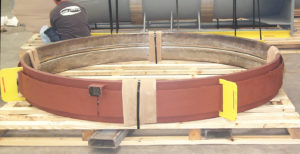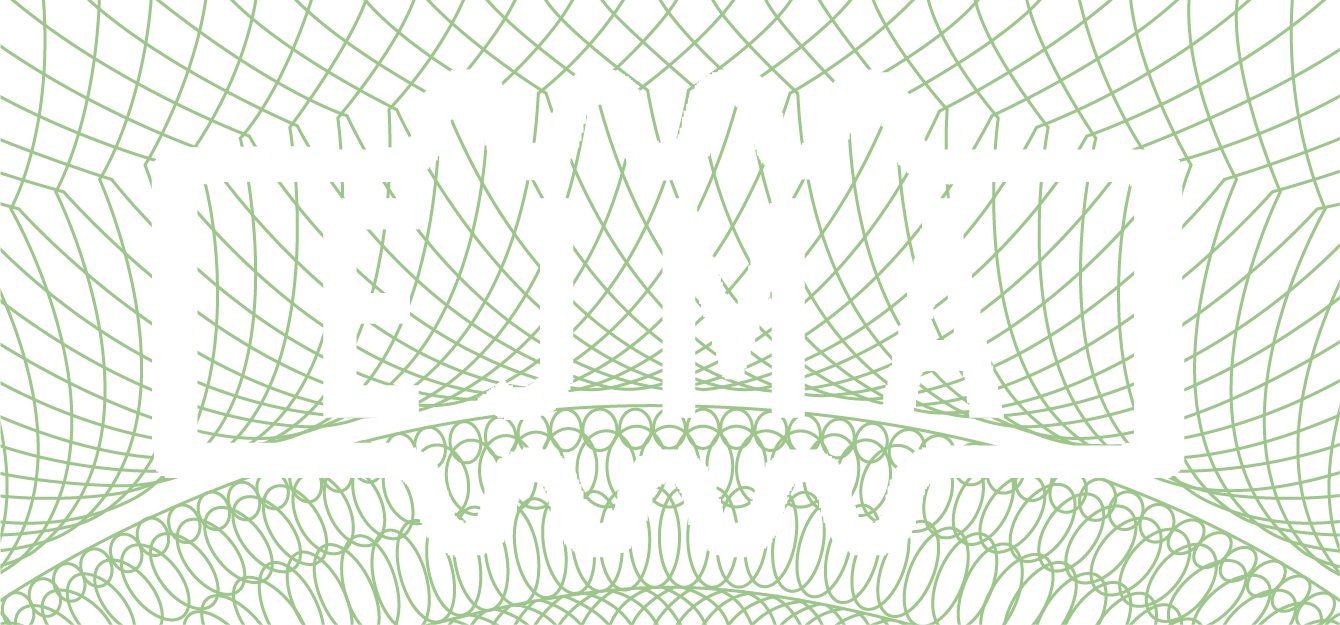A toroidal convolution consists of a circular tube (or totus) wrapped around weld ends or pipe ends having a gap at the I.D. to permit axial stroke. A toroidal expansion joint may consist of one convolution or multiple convolutions. This joint is also known as an Omega bellows expansion joint for it resembles the Greek letter Omega. Most toroidal bellows are hydraulically formed which requires high pressure. Others are free formed, similar to blowing up a balloon. More accurate convolution shapes may be formed into toroidal dye cavities. Since this forming pressure is high, pressure resistance is also high. “U” shaped bellows cause a bending stress due to the pressure load on the convolution side wall. This generally determines the maximum pressure, however, the toroid contains only membrane stress thus determining the maximum pressure. Due to the toroidal shape, deflection is limited. With “U” shaped convolutions, more deflection can be achieved but allowable pressures are lower.


